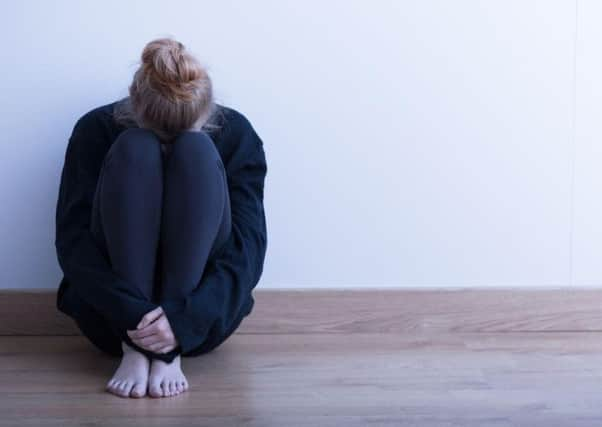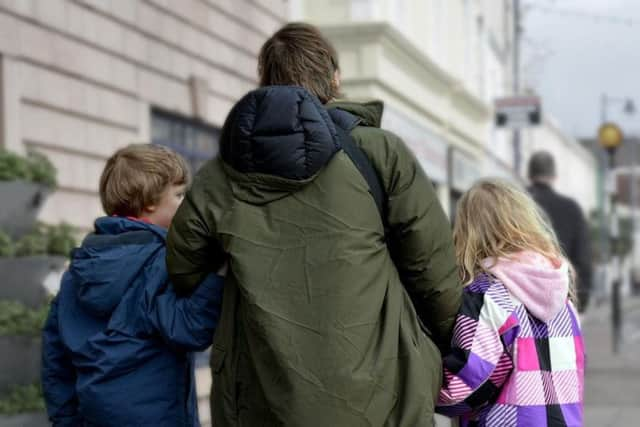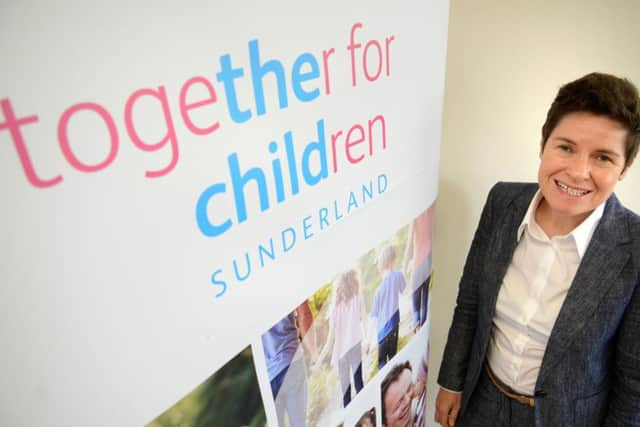Pioneering work is tackling trauma in Sunderland’s looked-after children


On January 21, Sunderland’s Corporate Parenting Board heard an update from the Northumberland, Tyne and Wear NHS Foundation Trust on its work in the city.
This included a presentation from consultant clinical psychologist Dr Liz McManus, who specialises in trauma and attachment in children.


Advertisement
Hide AdAdvertisement
Hide AdYoungsters who have experienced trauma can often have emotional outbursts, and find it hard to trust people or engage with mental health services, the meeting heard.
Under the new scheme, the doctor has been visiting children’s homes in Sunderland to build links with young people and increase their confidence.
The aim, she explained, is to “provide a new experience of relationships as not dangerous but safe (and) places of comfort, security, joy, delight and fun.”
“By providing this kind of care you begin to repair some of the ways children have been hurt and create readiness for therapy in the future if that’s still required,” she said.


Advertisement
Hide AdAdvertisement
Hide AdTrauma can affect young people in different ways, from developmental issues to “hypervigilance”, often putting extra demands on health staff.
Under the new scheme, extra training has been provided around suicide and self-harm, alongside helping health workers to develop individual plans for children.
Dr McManus added: “I think we have lots of positive outcomes and are bringing about the repair of the developmental trauma.
“What that means is you get massively reduced distress, mental health and improvements to all aspects of functioning.


Advertisement
Hide AdAdvertisement
Hide Ad“You don’t necessarily get them across the board all at once, and they’re not the same in all of our young people.
“For one person it might be that they’re more able to access their education placement, for another it might be that they don’t go missing as much, for another it might be that their substance misuse is a bit better controlled.
“It feels to me that the placements are more stable than when I first started working with the homes, and I think it has also improved staff morale and understanding on the massive importance of what they do and how to do it.”
During discussion, councillors praised the scheme, which is believed to be the only one of its type in council-run children’s homes in the North East.
Advertisement
Hide AdAdvertisement
Hide AdCoun Linda Williams said: “It does make sense. Everybody needs some sort of nurture to be comfortable and be able to get to that point.
“I think that would be useful to widen the remit of the work you’re doing backed up with research, and that would certainly be a massive help.
“It’s about treating people slightly differently, to be able to get the best out of them and make them feel comfortable.
“It does sound like you’re having a huge impact and I think it’s to be welcomed.”
Advertisement
Hide AdAdvertisement
Hide AdJill Colbert, chief executive of Together for Children and director of childrens’ services on the council, said she was “wholly committed” to the scheme and monitoring the impact of the health trust’s work.
“We know that in the main our children’s homes are very good, our children do tend to stay for a fair bit of time,” she added.
“We haven’t got the turbulence that other authorities might have or big organisations might have, so we might need to think differently about measures of success.
“I’m sure we can do that, if that helps us to make an argument for future funding that would enable us to extend the model.”
Chris Binding, Local Democracy Reporting Service